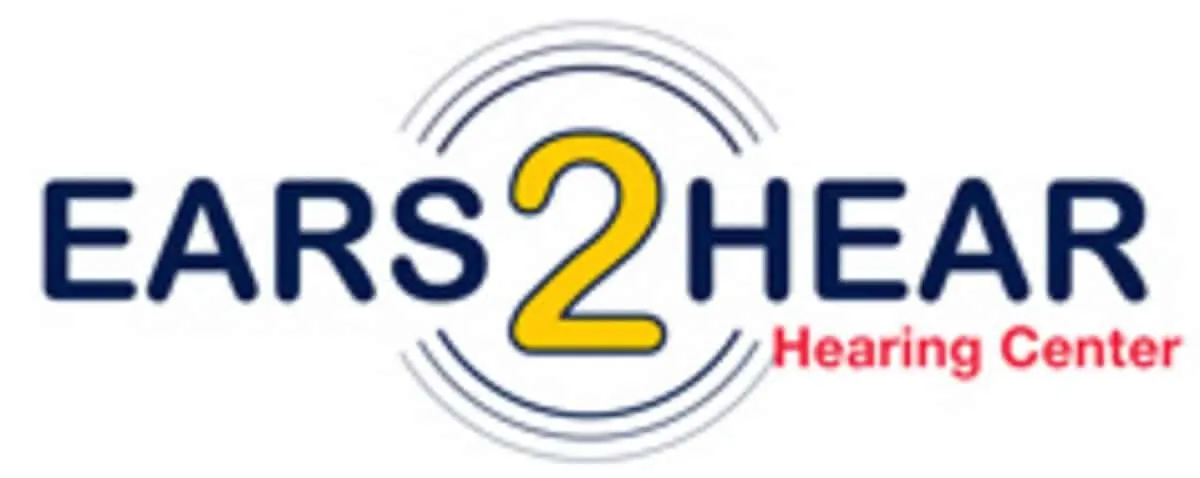Gray hair. Wrinkles. Poor eyesight. Your eyesight and hearing are affected by age.
As we age, our hearing aids, which are tiny hair cells found in our ears, start to fall apart. Our ability to hear decreases as the number of functional hair cells in our ears diminishes. The damage is irreversible because you can’t grow hair cells anymore. Presbycusis is a type of hearing loss that occurs with age.
Causes
Presbycusis can be explained by age. Other factors may increase your chances of developing an age-related hearing impairment. These are:
- Hearing loss in the family
- Smoking
- Loud noise exposure
- Diabetes and other medical conditions
Signs
Age-related hearing loss symptoms vary in severity. You may not be aware that you have a problem for some time. The gradual loss of hearing can happen over time. These are signs that you may have hearing loss due to age.
- Hearing difficulties
- It is difficult to understand people in noisy environments
- Understanding children and other high-pitched voices is difficult
- Tinnitus (ringing in the ears)
Evaluation
If you think you might have a hearing loss, you should consult a hearing professional. It may be beneficial to bring a friend, relative or other person along if you fear that you might not understand or hear the professionals’ words. The majority of hearing professionals start the examination by talking about your hearing problems. What will the professional need to know?
- Your medical history
- The moment you noticed your first hearing loss
- Previous exposure to loud sounds
- How severe is your hearing loss?
This information will help you understand the cause of your loss and determine which treatment is most effective for you. To check for any ear problems, a hearing professional will use a lighted probe called the otoscope. It is painless and non-invasive.
Audiometric testing is a test that measures the degree of hearing loss. It is also included in standard hearing exams. A specially-designed booth will ask you to listen to a series tones via headphones.
The audiogram will include the sounds you are able to hear and what you cannot. This data will be used by the hearing professional to determine your hearing loss and recommend the best hearing aid for you.
Treatment
Your health professional will tell you what types of hearing aids you have available if you have a hearing loss. It is a major decision. Take some time to consider which options are best for you.

Recent Comments